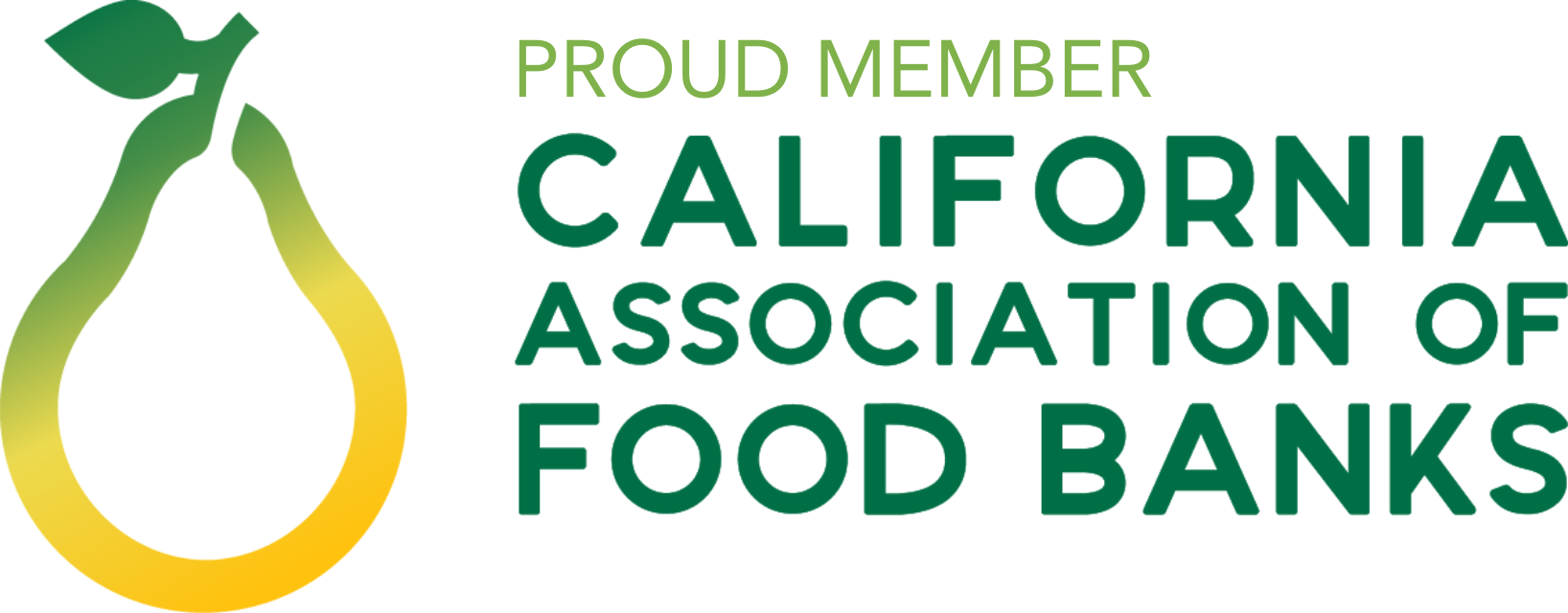Say hello to Jenny! Over the next few months we will share the stories and backgrounds of the volunteer advocates who are so instrumental to our advocacy work.
This month we’d like to introduce our 2020 Speaker Series graduate, Jenny Berten! As a nurse and community health advocate and Food Bank volunteer advocate, she believes all college students should have healthy meals, which will help them succeed.
We sat down with Jenny for a quick Q&A, so you could get better acquainted with an integral member of our team.
CATEGORY: HUNGER FIGHTING
What inspired you to become a hunger-fighting advocate?
I initially joined because my daughter got involved. Since I’m an advocate for health, I really thought I could make a difference in advocating to end hunger too. I’m glad I did because I ended up loving it!
What is one aspect about hunger that you wish was better known by others?
Access to CalFresh for college students. I really hope that all students who qualify for CalFresh are able to access the program. I have actually called LaLisha Norton, the Food Bank’s CalFresh outreach program manager to order posters to post in our college clinic rooms to raise CalFresh awareness among students.
Can you think of one experience that sticks most with you?
We went into Berkeley with our 10,000 lunches program from Moraga and delivered 400 lunches to people who are unhoused, and I thought, “wow, that is going to make such a difference,” but really—given the size of the encampments—you realize how small the impact is. However, it really fueled my interest to learn more about hunger efficacy and how to speak to our legislators on behalf of hunger.
What’s the highlight of your time as an advocate so far?
Formulating the “why” in the Speaker Series program and presenting to Senator Glazer was very humbling and empowering. Further, understanding how legislation is drafted and how to create an “ask” was phenomenal because we all have that power to have that voice to make a difference. Click here to see Jenny’s speech to Senator Glazer
Given your background in health, how has the pandemic impacted the nutrition of college students? And what are some policies that have helped?
For low-income families, job-loss has had a huge impact on families’ ability to pay for food. Many students have had the dilemma of choosing between paying rent and paying for food, which has led to food insecurity. That is why government programs to help augment or replace people’s incomes are so crucial so people don’t have to make these difficult choices. Raising awareness for programs like food banks is important, too.
CATEGORY: FREE-TIME
Favorite movie?
La La Land.
What’s your Starbucks order?
Simple latte.
Best book you read in the past year?
Where the Crawdads Sing by Delia Owens
Favorite TV show?
Never Have I Ever.
Preferred pastime?
Spend time with friends, travel to Hawaii and walk my golden retriever




